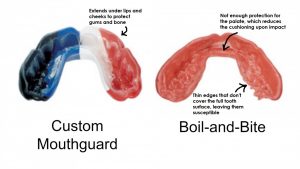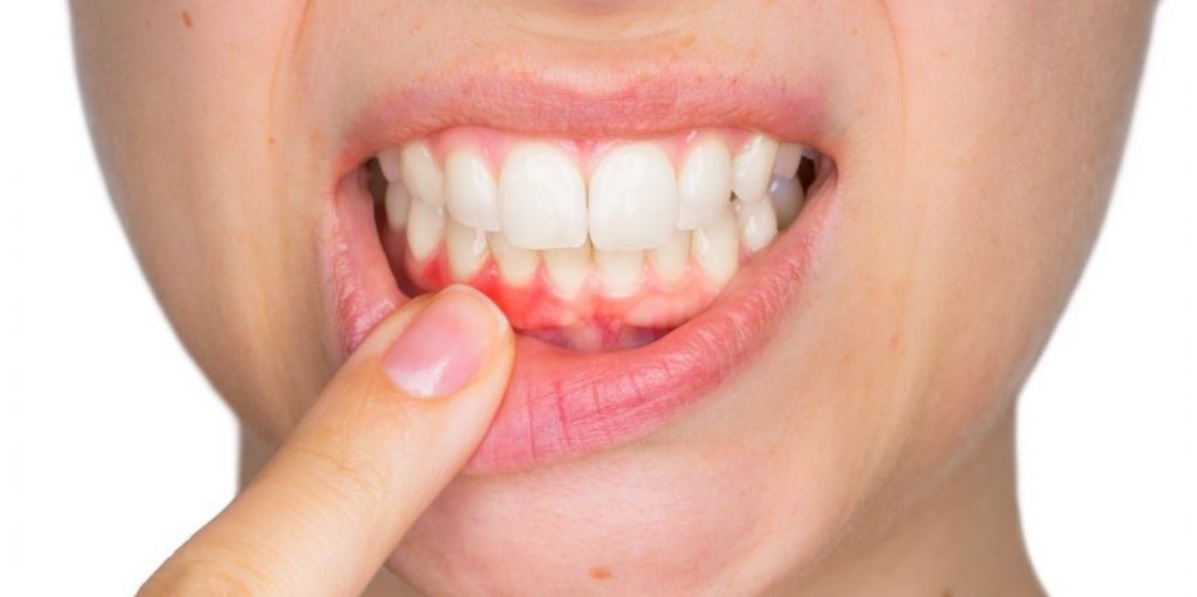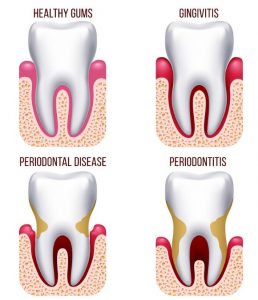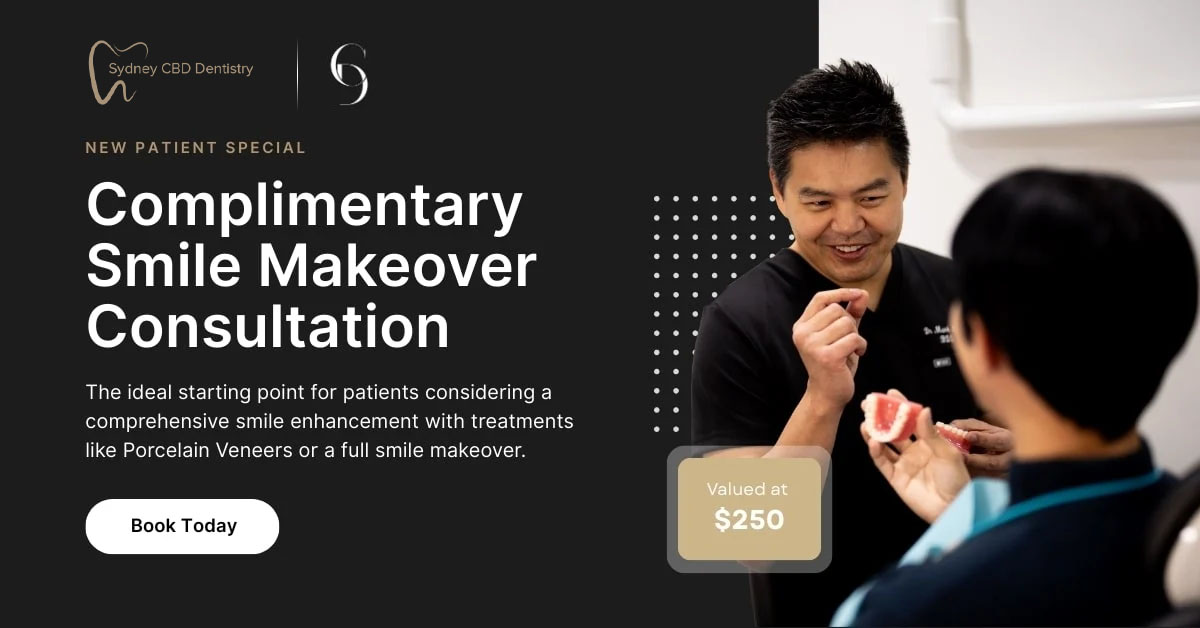Sports Mouthguards and the Benefits
What is a Sports Mouthguard?

If a person wears a mouthguard correctly, in the likely event of an impact during contact sport, the risk of injury to the teeth and the oral structures is reduced significantly.
This is because the mouthguard Sydney will distribute, absorb and minimise the force from the impact and even reduce the risk of concussion, neck injuries, and jaw fracture.
What sports are highly recommended to wear Mouthguards?
Mouthguards are highly recommended for any child, youth, or adult involved in the following sports.
- basketball
- cricket
- hockey
- boxing
- soccer
- football
- netball
- baseball
- skateboarding
- martial arts
- mountain biking
- gymnastics
What are the different types of Mouthguards?
1. Custom-Fitted Mouthguards
Custom-fitted mouthguards are made to fit each individual’s teeth exactly built from the model that is poured up after a dental practitioner takes a mould of the teeth during a dental appointment. Your dentist Sydney will take an impression of your teeth and send it to the lab.
Here, the dental technician will construct the custom-fitted mouthguard from a plaster mould that is poured up from the impression sent by the Sydney dentist. You can choose the thickness of the material so it will be comfortable and less bulky.
It may have one or many layers, and you can also pick the design or insert your name or logo in your custom-fitted mouthguard.
Custom-fitted mouthguards have many advantages.
-
- allow the highest level of protection due to the superior adaption and fit, and provide better impact absorption
- excellent retention so the mouthguards not move around or fall out while playing sport
- allow easier breathing and speaking
- the material is highly durable, non-toxic, and biocompatible
- the material is also tasteless and odourless
2. Boil and Bite Mouthguards
Boil-and-bite mouthguards can be bought over the counter at pharmacies or sports stores for a much lower price than custom-fitted mouthguards. They are factory manufactured in bulk and usually available in 3 sizes.
The shape of these mouthguards can be altered by immersion in boiling water to soften the plastic, and while it is still hot, inserted into the mouth and using the fingers can be moulded into the approximate shape.
Unfortunately, the thickness of this mouthguard is often uneven, bulky making them uncomfortable for the wearer and tend to dislodge during activity. They also interfere when breathing and speaking.
These mouthguards should only be used in case you’re waiting for your custom-fitted mouthguards because they provide only slightly better protection compared to not wearing mouthguards at all.
3. Stock Mouthguards
These are the cheapest of all the mouthguards, usually made into a horseshoe shape, and are impossible to be altered to fit in the mouth. As a result, they provide a very poor fit and give very little to no protection.
Some dental health professionals believe it may even increase the risk of injury to the oral cavity due to its poor fit and rigid material.
How to take care of your Mouthguards?
Since your mouthguard will be inserted into your mouth, keeping it clean is essential. Simply rinse your mouthguards with cool water before and after each use.
Then, you can brush it with your toothbrush and toothpaste. Avoid hot water because that can change the shape of your mouthguard, and it may not fit correctly. Then store it in a dry and cool place.
How much does a Custom-Fitted Mouthguard cost?
A custom-fitted mouthguard in Australia is around $180 to $500, depending on the clinic and the design. Some health funds even cover the cost of the sports mouthguards. Check with your “dentist near me” and health fund to find out your options.




